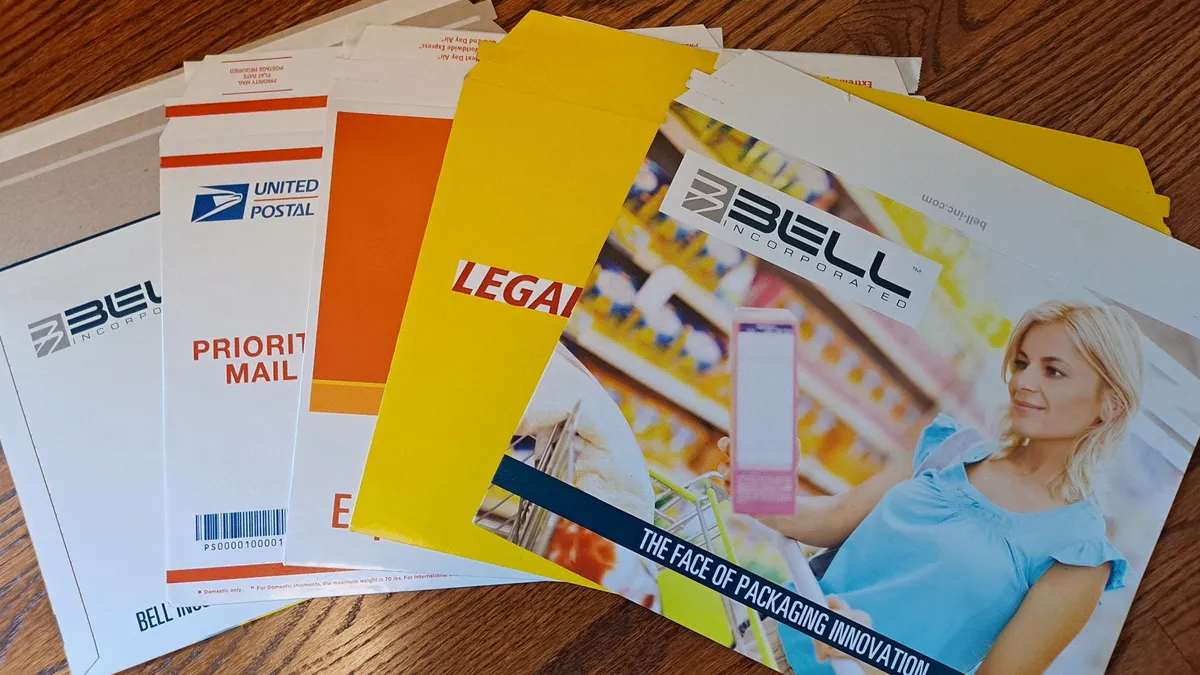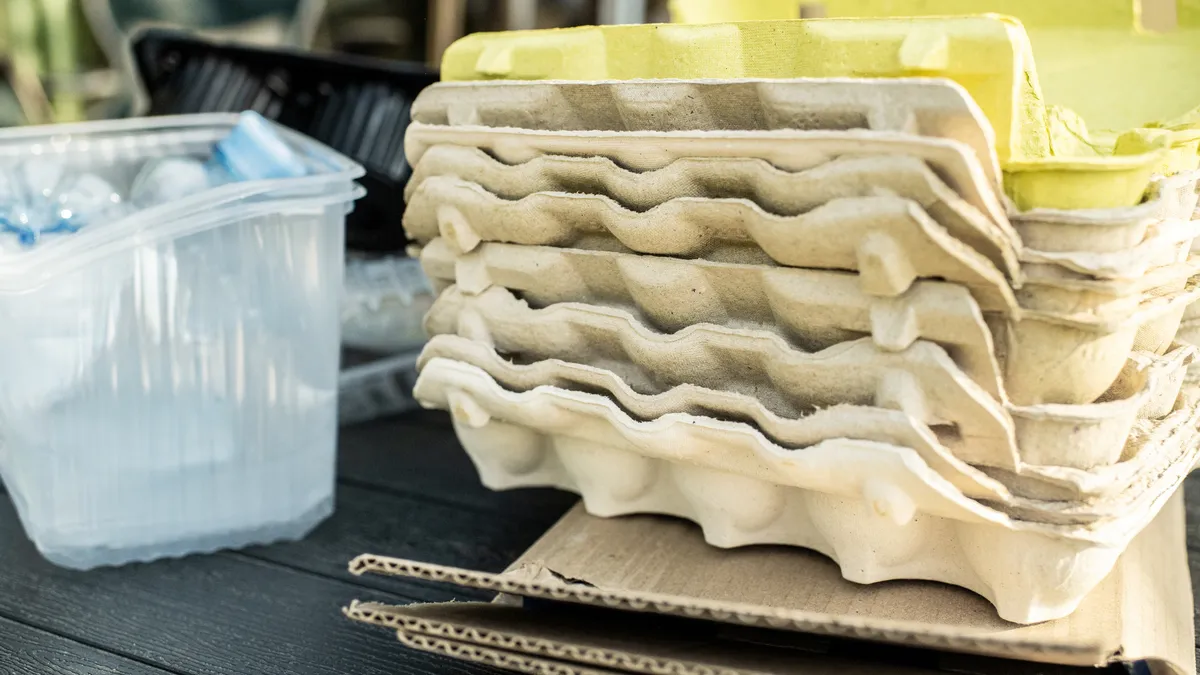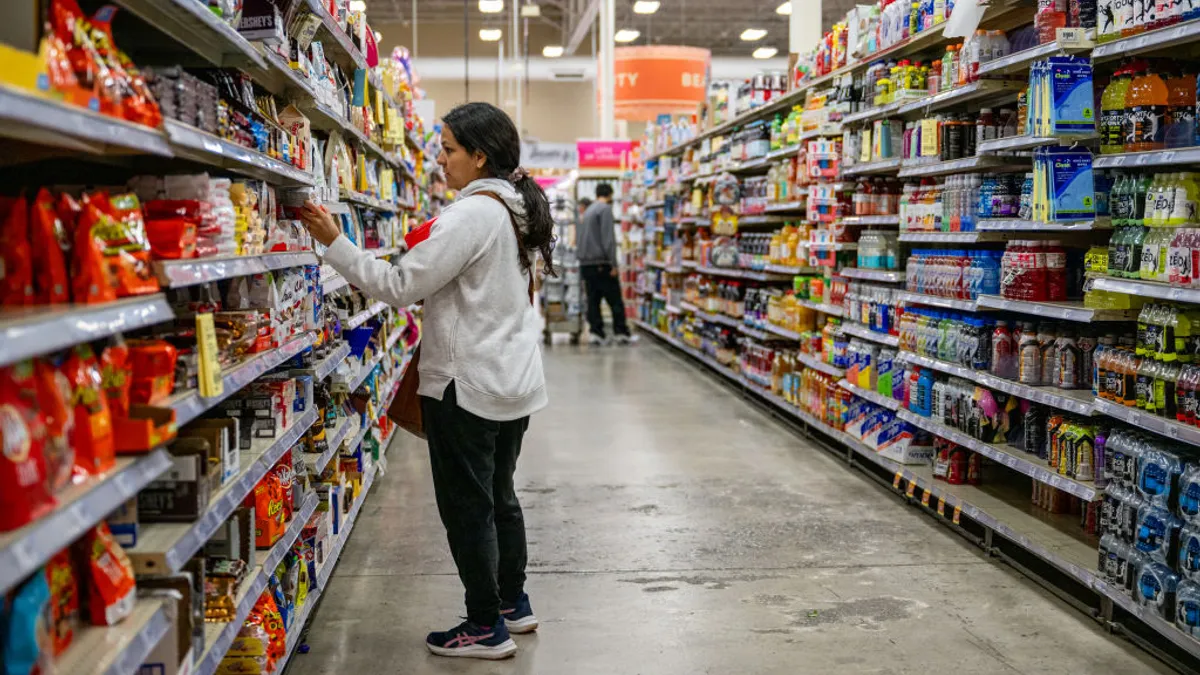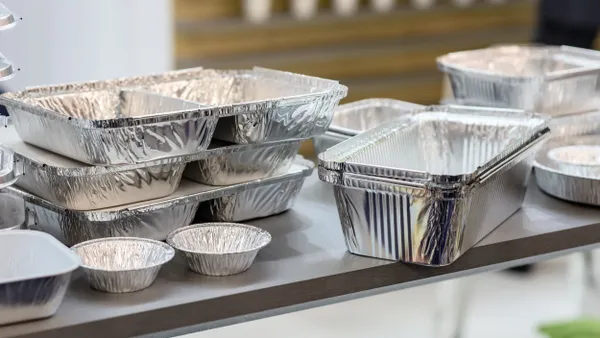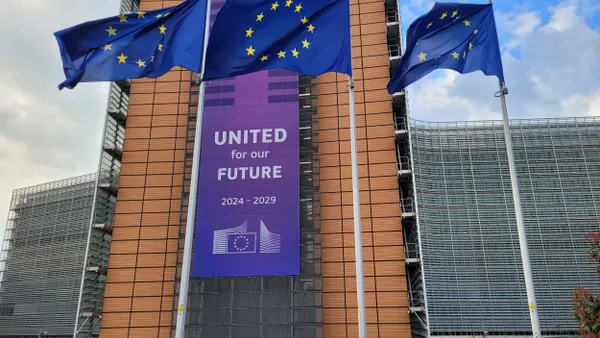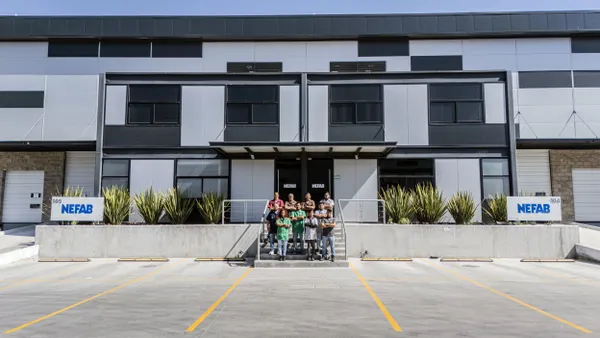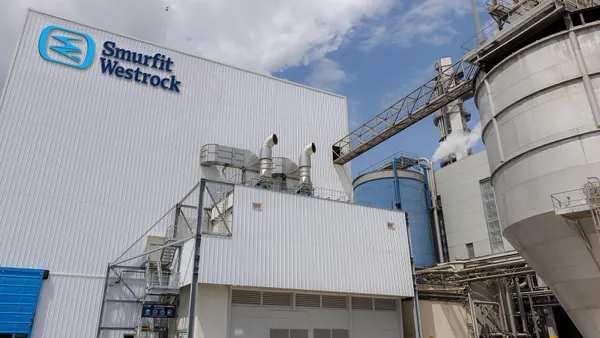- Balancing supply and demand: Executives noted that a large proportion of Graphic Packaging International’s customers’ products have an expiration date, which makes them less sensitive to the lingering destocking challenges that other companies have faced with durable or nondurable goods that can sit on shelves for long periods. But destocking has even touched some packaged goods customers. GPI’s Q2 results show that sales in the food, beverage and consumer markets were flat while foodservice sales grew 10% year over year. GPI also took unplanned, market-related downtime, resulting in 30,000 tons less packaging production, in Q2 to “manage our supply with our demand,” said CEO Mike Doss on Tuesday’s earnings call. In July, the company embarked on another 80,000 tons of market-related downtime. “Of course, we prefer to be busy, we prefer to have those orders,” Doss said.
- Acquisition opens new markets: GPI announced during this quarter’s call that it will acquire folding carton company Bell Inc., which has two facilities in South Dakota and one in Ohio that collectively consume 95,000 tons of paperboard annually. Executives expect the $262.5 million transaction to close in Q4. Doss said the acquisition will mark GPI’s first foray into the fiber-based consumer mailers category, a growing sector as more customers request fiber flexible packaging solutions as they transition away from plastic. “This allows us to actually have a little bit more of an e-commerce position with paperboard,” Doss said, while adding that “we are learning in that space, and we’ve still got some work to do there.” Bell calls itself the “largest manufacturer of overnight letter envelopes in the world” and the main supplier for the U.S. Postal Service; it also specializes in foodservice and consumer product packaging.
- Material transition drives innovation: Customers are looking for plastic alternatives across numerous product categories in response to consumer preferences, Doss said, and GPI is launching new products to meet their needs. Two new products executives expect to drive growth are the proprietary fiber cup for Chick-fil-A, which they announced during the Q1 earnings call, and a new grade of coated recycled board called PaceSetter Rainier, for which production is expected to ramp up the second half of this year and into 2024. The product offers brighter, whiter surfaces than traditional CRB and is “an innovation that will facilitate recycled paperboard in more consumer packaging experiences ... that historically have only been possible with virgin fiber substrates,” Doss said. “We are actively pursuing a $12.5 billion addressable market, of which $11 billion is represented by plastic and foam packaging replacement opportunities.”
- Outlook: CFO Stephen Scherger said GPI “set kind of a low watermark in May of this year” but has since seen improvement. He predicts that “Q3 could look a little bit like Q2” but expressed confidence in a pricing and core sales rebound in Q4. The destocking dynamic is only short term, Doss said, reinforcing that normal customer patterns are expected to return in Q4. “Our confidence in the long-term strength of the demand for renewable and recyclable fiber-based packaging is high,” he said.

Graphic Packaging to enter fiber mailer space via acquisition
The foray into the e-commerce mailers through Bell Inc. comes as more customers request flexible fiber packaging solutions as they transition away from plastic.
